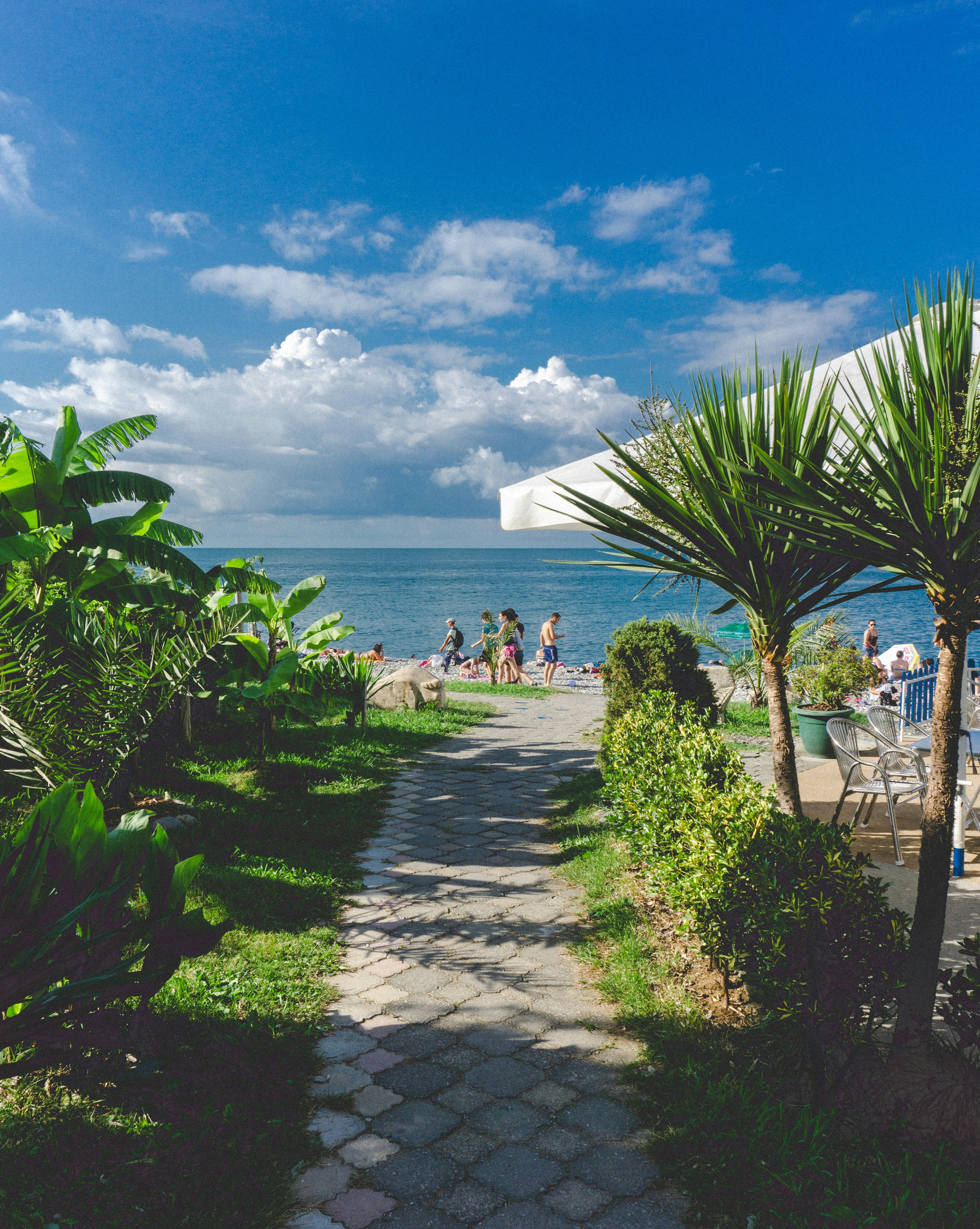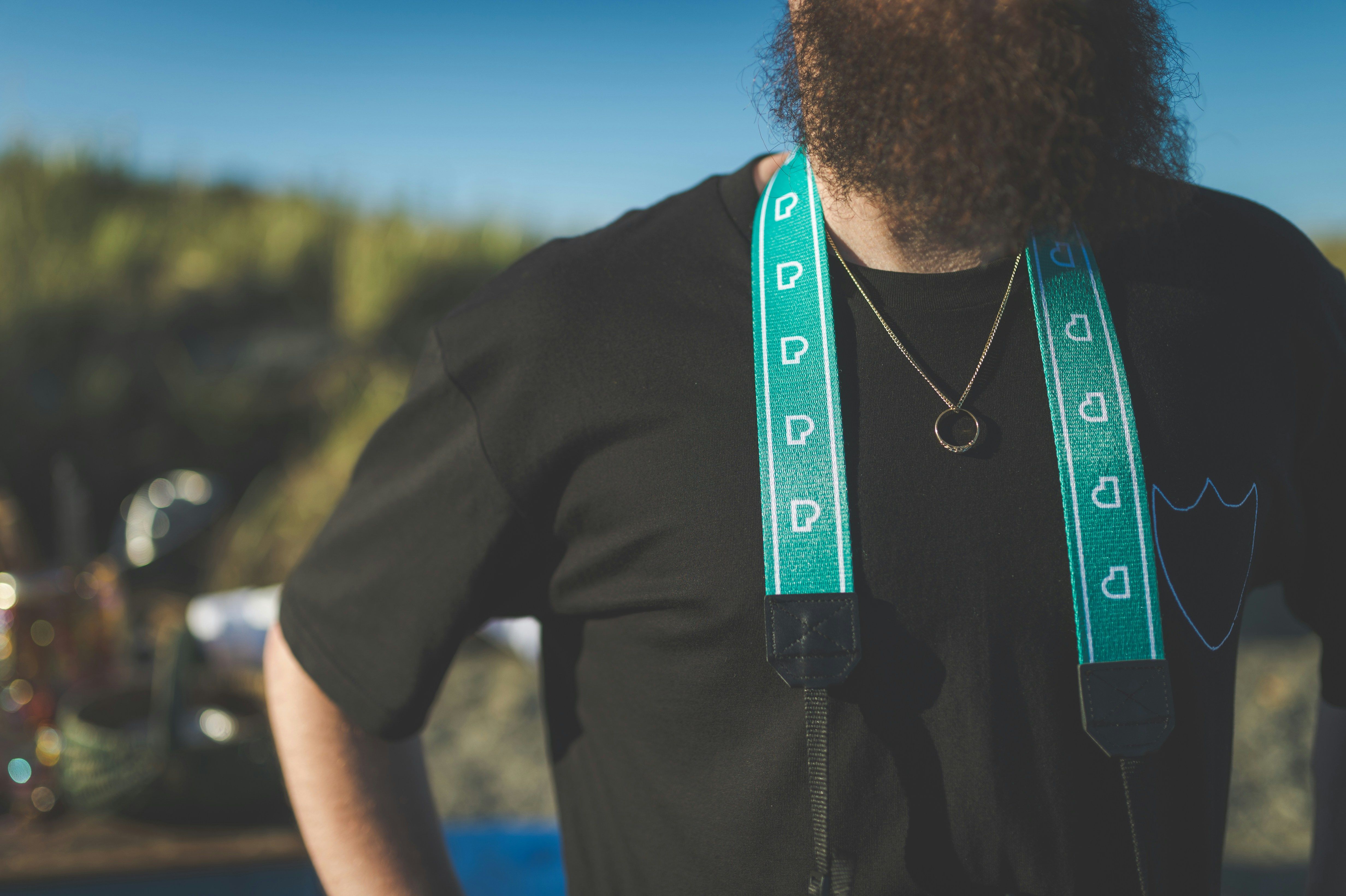The Possibility of Illicit Funds Rescuing Argentina - Secret Strategy of Hiding Ill-Gotten Wealth to Allegedly Rescue Argentina's Economy
Argentina, renowned for its cattle and beef exports, is grappling with a financial predicament as inflation skyrockets, making goods exponentially more expensive for citizens. In an interview with "Global Times", trader Eduardo Perez illustrated the precarious situation, highlighting that prices for various goods have surged by over 50 to 100 percent. People are now comparing prices at different supermarkets and opting to buy only essential items due to increasing costs. Instead of beef, many Argentines are consuming chicken.
Argentina holds the unwanted title of the country with the world's highest inflation rate, surpassing Zimbabwe. In April 2024, inflation reached a staggering 290 percent before slightly declining and currently remaining in the double-digit range. Despite this, mistrust in the national currency, the peso, and banks persists, leading residents to secure their savings and investments in foreign currencies. It's estimated that there are more dollar bills in circulation in Argentina outside the US than anywhere else. This informal wealth amounts to between 250 and 400 billion US dollars in cash or abroad [1].
Upon assuming office, President Javier Milei proposed plans to minimize Argentina's budget deficit and strengthen the economy. In an attempt to create stability, the government considered devaluing the national currency and replacing it with the U.S. dollar. Known as dollarization, this approach can help struggling economies with out-of-control currencies [1]. However, Argentina lacks the critical prerequisites, such as empty foreign exchange reserves, heavy debt, and a lack of sufficient imagination for a sensible implementation [1]. The government also prohibited private individuals from purchasing larger dollar amounts, leading to a flourishing black market in Buenos Aires, where citizens exchanged their pesos for dollars to protect against currency fluctuations.
Now, President Milei aims to leverage this black market by encouraging savers to spend their undeclared U.S. dollars. "If these funds are injected into the economy, it will lead to a massive acceleration in the growth rate," Milei said in a television interview [1]. To achieve this, the government plans to loosen or abolish reporting requirements introduced in 2019 through decrees and a bill. Previously, certain money transfers or cash withdrawals had to be reported to tax authorities [1]. Investors and entrepreneurs have pushed the government for a policy change due to these capital controls distorting the market between the black market and the official exchange rate [1].
However, concerns linger about the potential impact on ordinary Argentines. Many wage-earners struggle to make ends meet with an average monthly salary of around 200 euros [1]. For these individuals, the prices of essential items, such as food and housing, have become prohibitive [1]. Legalizing black money may provide some relief for these individuals by increasing liquidity in the formal economy [1]. Nonetheless, Milei's unconventional approach faces skepticism and raises questions about the fair distribution of benefits among all segments of society [1][2][3].
[1] Enrichment Data: This move aligns with Milei's broader libertarian agenda, which includes eliminating heavy taxation and deregulating the economy to spur growth and investment. The plan seeks to stabilize the economy by recuperating billions of dollars held unofficially to increase currency reserves, encouraging the use of U.S. dollars in domestic transactions to ease inflation, and facilitating a gradual shift toward dollarization to establish monetary stability.
[2] Relevant sources for further reading: [4][5]
[3] Leitner, C. (2023, January 14). Milei's Currency Shift: How Black Money Could Save Argentina. Retrieved February 13, 2023, from https://www.christineleitner.com/mileis-currency-shift-how-black-money-could-save-argentina/
[4] Graidin, M. (2023, January 15). Argentina Rethinks Its Economy as President Legalizes Informal Cash Transactions. Wall Street Journal. Retrieved February 13, 2023, from https://www.wsj.com/articles/argentina-rethinks-its-economy-as-president-legalizes-informal-cash-transactions-11673649407
[5] Ramos, A. (2023, January 17). Argentina Moves to Legalize Informal Cash Economy, a Step Towards Dollarization. Al Jazeera. Retrieved February 13, 2023, from https://www.aljazeera.com/news/2023/1/17/argentina-moves-to-legalize-informal-cash-economy-a-step-towards-dollarization
The community is closely watching Argentina's policy change, as the government aims to legalize undeclared U.S. dollars held by citizens, a move that could potentially stimulate the economy and reduce inflation. However, this move raises financial concerns, as many wage-earners struggle to afford essential goods and services due to high costs.
The government's proposal to loosen reporting requirements for certain money transfers and cash withdrawals could ease restrictions on the black market, but it remains unclear if this will provide significant relief or further widen the gap between the wealthy and the less fortunate.





